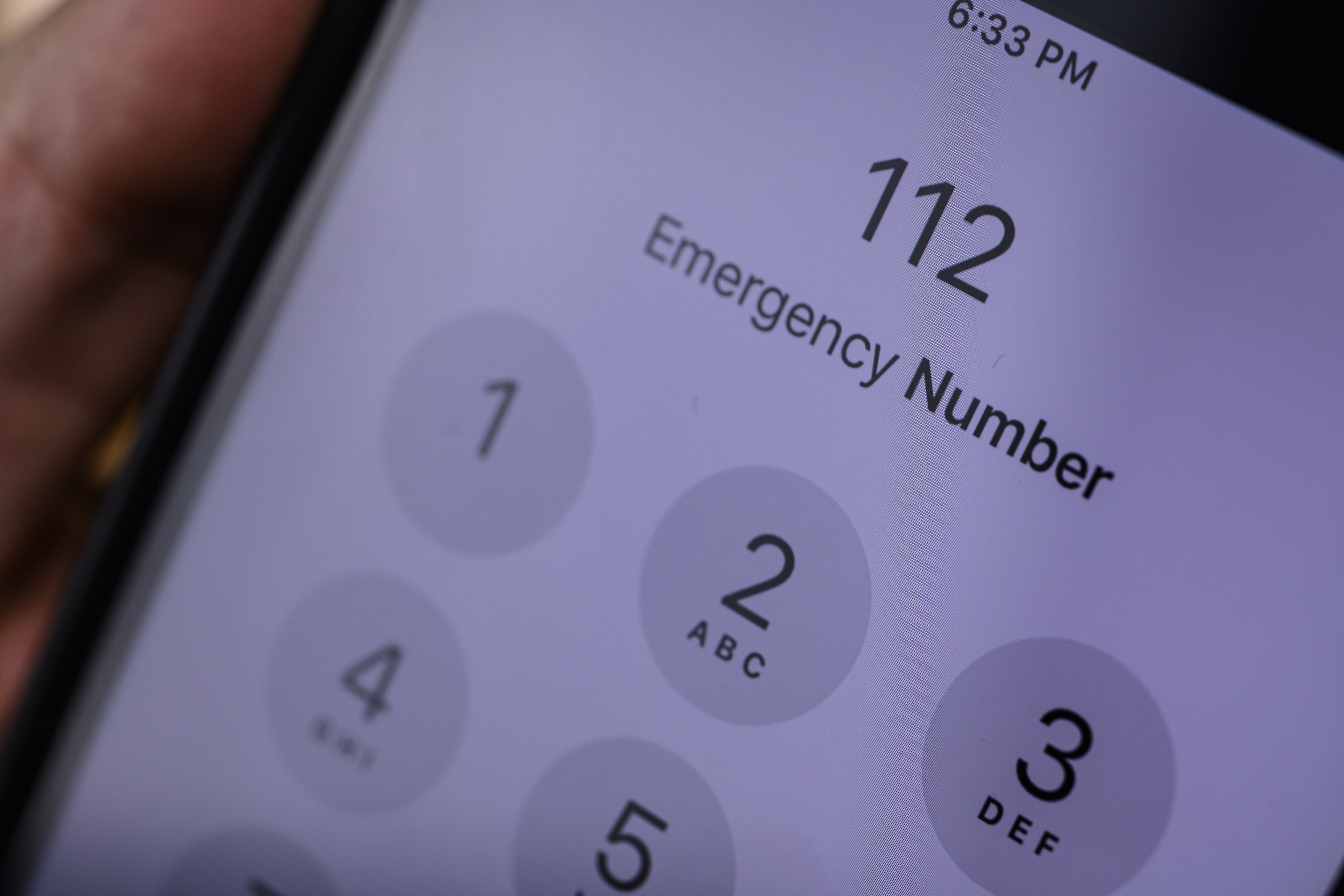A Public Warning System, alerting members of the public to emergencies like fires, should be deployed within the first half of next year, the government said on Tuesday.
The interior ministry put out a statement explaining why no such early warning system was in place – days after a devastating wildfire swept through Limassol district and amid complaints of lack of accurate, prompt information that left many people in threatened areas fending for themselves and relying on word-on-mouth.
According to the ministry, a tender for a Public Warning System (PWS) was launched in 2022, but due to objections from some of the bidders the tender got scrapped in May 2024.
Civil Defence is the designated authority responsible for implementing and operating the PWS.
After the first tender fell by the wayside, the ministry explained, Civil Defence queried the attorney-general as to whether it might be possible to fast-track the process, on the grounds that it was a matter of public safety. The attorney-general’s office said no.
Subsequently, Civil Defence – in a bid to minimise the possibility of future objections hamstringing a new tender – amended and re-designed the template tender documents.
Next, in December 2024 a second tender was launched, with a deadline for submission of bids set for end of February 2025.
Evaluation of the bids was completed in mid-July and the bidders were duly informed of the result.
Bidders now have until August 3 to file any objections with the Tenders Review Authority.
“Unless objections are filed by that cutoff date, and unless the tender is cancelled, the contract for the project will be signed during the first ten days of September 2025, with a timetable for completion of the project by the first half of 2026,” the ministry stated.
It said that deploying a PWS remains “a priority for the government, as part of plans for a broader reorganisation of the civil defence sector, which is why the tender timetables were strictly adhered to”.
Authorities here were supposed to implement a ‘New Generation 112’ system designed to enhance public safety.
Under it, emergency calls to 112 in Cyprus would be handled by Civil Defence as part of the transition to the NG 112 system, in line with EU regulations.
The upgrade would introduce advanced features such as geolocation, video calling, text messaging and improved accessibility for disabled individuals.
The transition involves developing new software, installing modern equipment and establishing a unified crisis management centre. Multiple agencies, including the police, fire department, ambulance service and digital policy ministry, were working together to ensure a smooth handover.
The relevant legislation, bringing Cyprus in line with the EU regulations, was transposed into domestic law back in 2022 – three years ago.
Addressing criticism over evacuation of villages, the ministry said that a plan dubbed ‘Polyvios’ is already in place, activated during emergencies.
Under the plan, a person in any given community is designated as in charge of alerting people and prepping evacuations. This person is usually the community leader or other person selected by the local community council.
He or she is the “first point of contact” for activating the plan until the arrival at the scene of state authorities.
These designated people take part in meetings and receive training.
“For 2025, meetings with the people in charge in each community took place between January and May; those in charge of the communities recorded the contact information of the residents.”
Under the procedure, “once Civil Defence instructs the person in charge to evacuate a community, that person immediately alerts residents either via SMS, or with door-to-door visits, and by ringing the local church bell or other available audible device (sirens etc).”
Each community has a designated gathering area, until orders come for evacuation.
According to the ministry, the PWS – once it’s rolled out – will act as a complement to other alerts provided for under the ‘Polyvios’ evacuation plan.
“The aim is to ensure that, in all cases, residents can receive prompt alerts, regardless of accessibility to modern modes of communication, such as smartphones, but also as alternative means of information in the event of electricity or telephony outages.”






Click here to change your cookie preferences